Iran to turn off IAEA surveillance cameras operating outside safeguards agreement
Iran's nuclear agency has announced plans to turn off some surveillance cameras of the International Atomic Energy Agency (IAEA), whose operation is deemed beyond Iran's obligations under the UN agency's safeguards agreement.
The Atomic Energy Organization of Iran (AEOI) in a statement on Wednesday said the UN nuclear watchdog’s surveillance cameras of the On-Line Enrichment Monitor (OLEM) – a system designed to provide continuous enrichment measurements at gaseous centrifuge enrichment plants -- and the flow meter are set to be taken offline.
“The Islamic Republic of Iran has so far had extensive cooperation with the IAEA, but unfortunately having failed to consider such cooperation which has derived from Iran's goodwill, the Agency has not appreciated it, and instead has considered it a duty,” the statement read.
It added that as a consequence, Iran has “decided that the operation of the cameras of the On-Line Enrichment Monitor and the IAEA’s flow meter should be stopped from today. The relevant authorities have been ordered to take the step.”
More than 80% of the IAEA's existing cameras are operating under the safeguards agreement, which will be in place and will keep functioning as usual, Iran's nuclear agency pointed out.
On Tuesday, a senior Iranian official urged the IAEA director general to refrain from pursuing any political agenda in his work, stating that the Islamic Republic is strongly opposed to an anti-Iran resolution at the Agency’s Board of Governors.
Speaking with the IRIB TV1 television channel, Kazem Gharibabadi, Iran’s former envoy to the IAEA, explained that the agency has submitted two separate reports to each meeting of the Board of Governors, one on Tehran’s compliance with its nuclear-related obligations and another on its compliance with the NPT Safeguards Agreement.
In its second report, the IAEA “claimed to have documents showing nuclear-related activities in some sites and called on Iran to cooperate with the agency and clarify the matter. The Islamic Republic of Iran, for its part, cooperated with the agency in good faith and on the basis of transparency,” he said.
Gharibabadi, who is now the Iranian Judiciary chief’s deputy for international affairs and secretary of the country’s High Council for Human Rights, stated that Iran provided adequate explanations to the IAEA after tiny amounts of nuclear particles were found in one or two locations.
“I think there are two main reasons why the IAEA has amplified the issue and put it high on its agenda. One reason is the constant political pressure that the United States, some Western countries, and the Zionist regime have been exerting on the agency,” he said, pointing out that Israel itself is not a signatory to the NPT.
In his introductory statement to the board meeting on Monday, IAEA Director General Rafael Grossi once again repeated his anti-Iran rhetoric, alleging that since February 23, 2021, the IAEA’s “activities have been seriously affected by Iran’s decision to stop the implementation of its nuclear-related commitments under the JCPOA, including the Additional Protocol.”
He claimed that Tehran “has not provided explanations that are technically credible in relation to the agency’s findings at three undeclared locations in Iran.”
Grossi’s remarks came despite frequent warnings by Tehran that it will respond in kind in case the IAEA drifts away from its technical nature and makes a politicized decision concerning Iran’s peaceful nuclear program.
On June 1, Iranian Foreign Ministry spokesman Saeed Khatibzadeh said the country will respond strongly and proportionately to any “unconstructive move” at the upcoming meeting of the IAEA Board of Governors. The warning came a day after Iran dismissed the agency’s latest report on its nuclear program.
“Those who regard the Board of Governors and the director general’s report as leverage and tools of political games against Iran are responsible for the consequences,” he said.
VIDEO | French MP demands inquiry into arms sales to Israel
Iran-EAEU coop. paves way for 'powerful region': President Pezeshkian
VIDEO | Iranians celebrate Yalda Night nationwide
US in 'pursuit' of third Venezuelan oil tanker in Caribbean piracy series
Trump administration denies Epstein cover-up as censorship sparks fury
US, Ukraine describe Miami talks as 'productive' but no major breakthrough
VIDEO | Rising anti-Islam hate in UK
VIDEO | US seizure of oil tankers


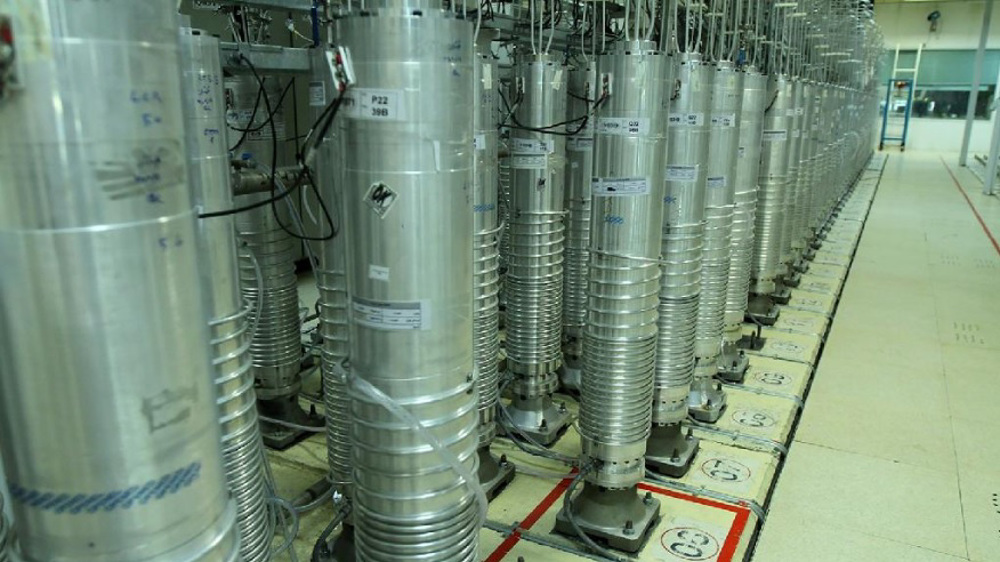
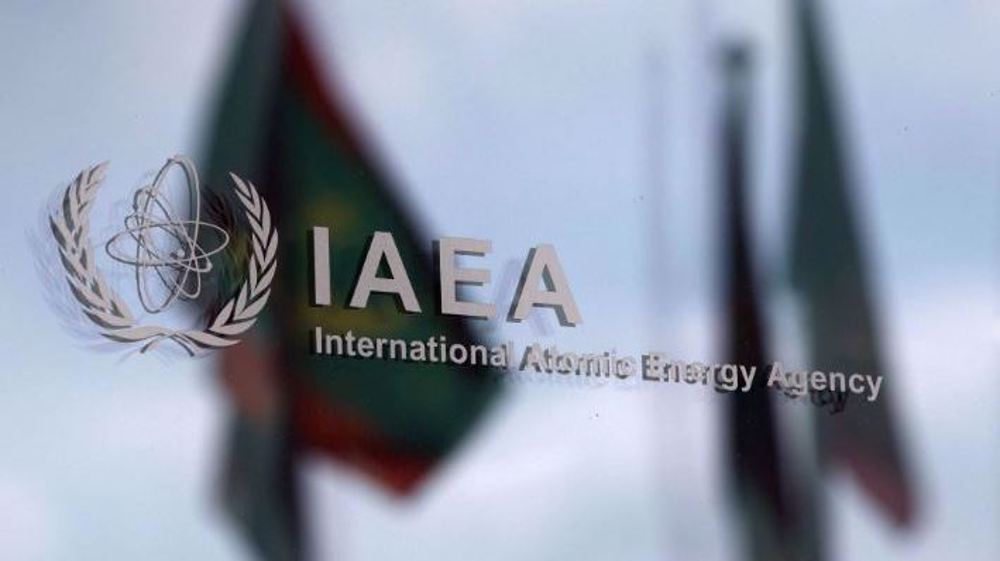
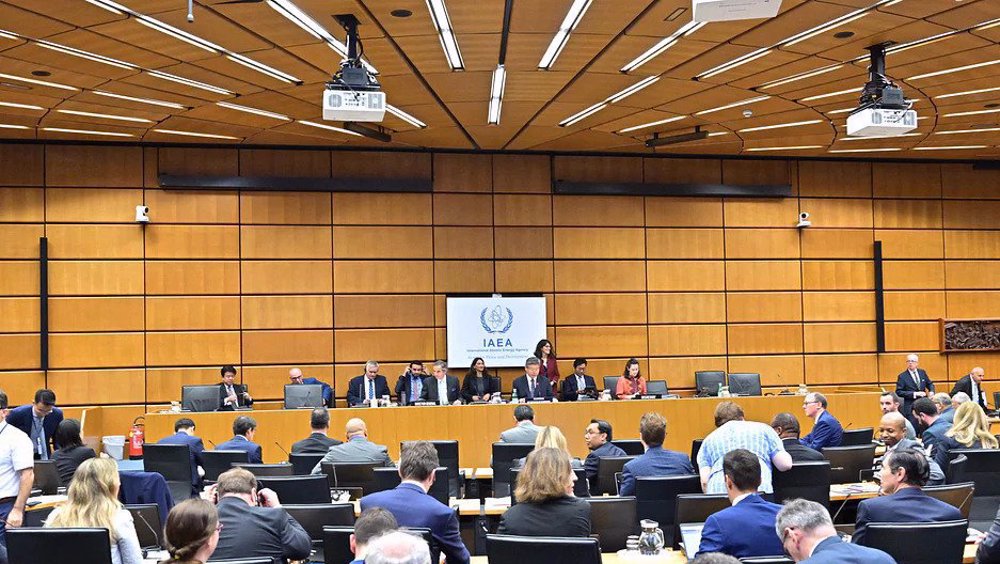
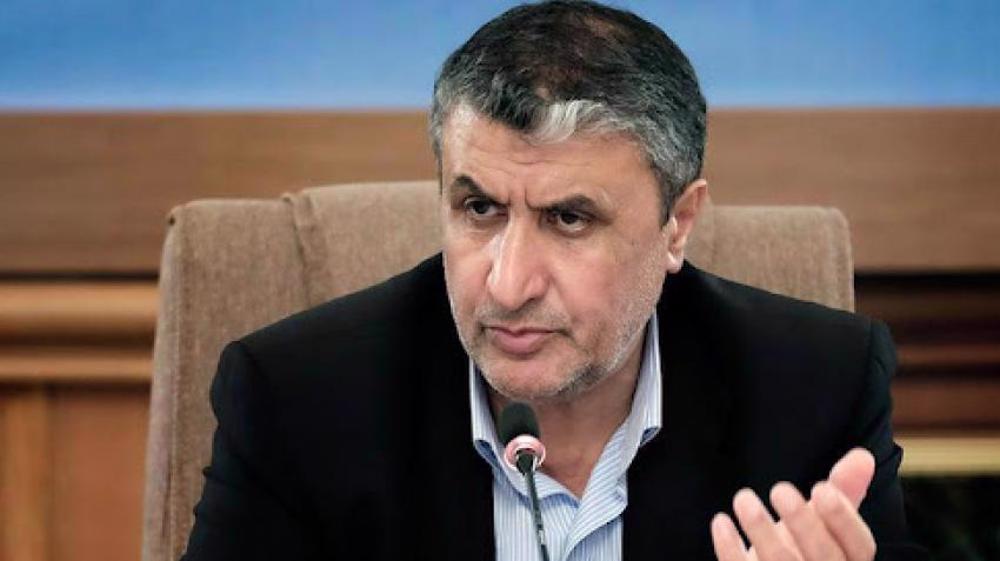
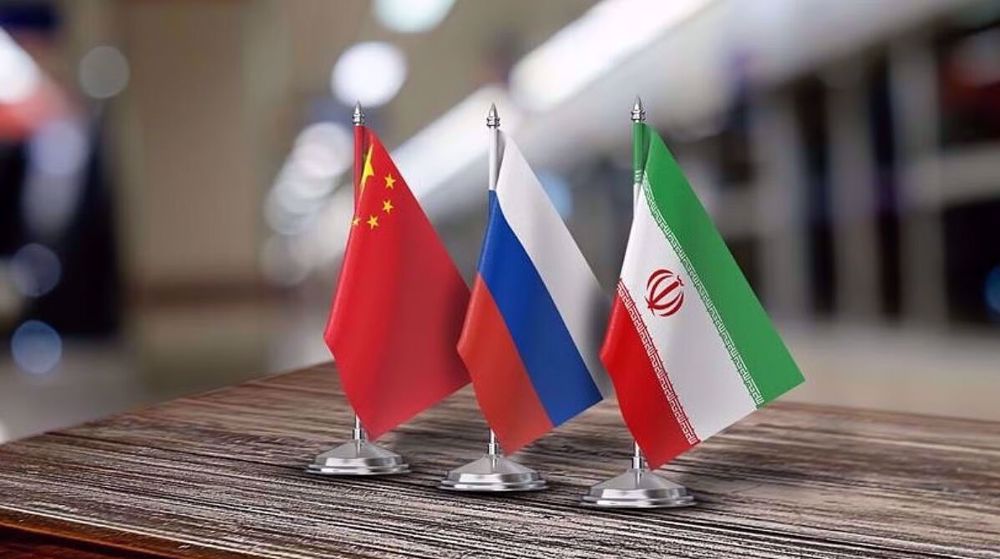
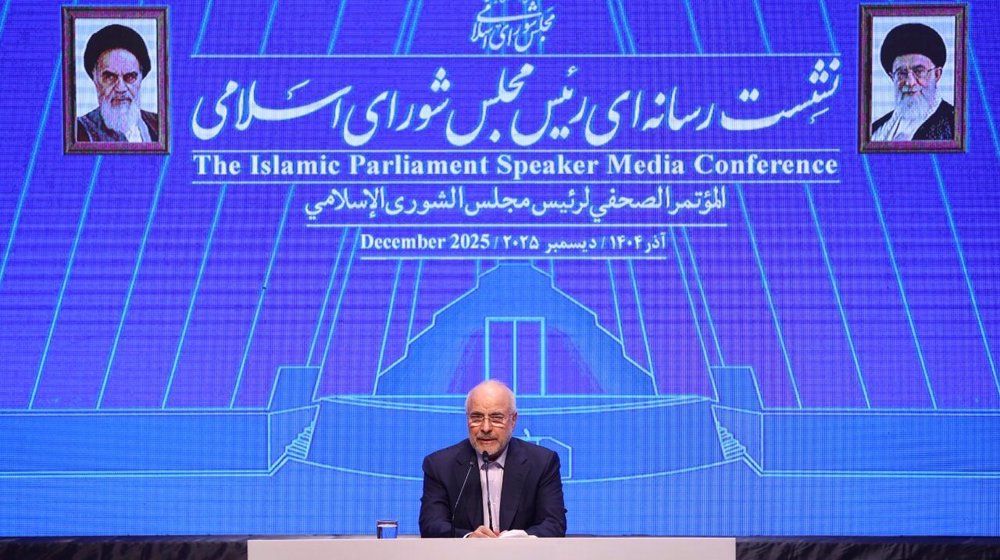
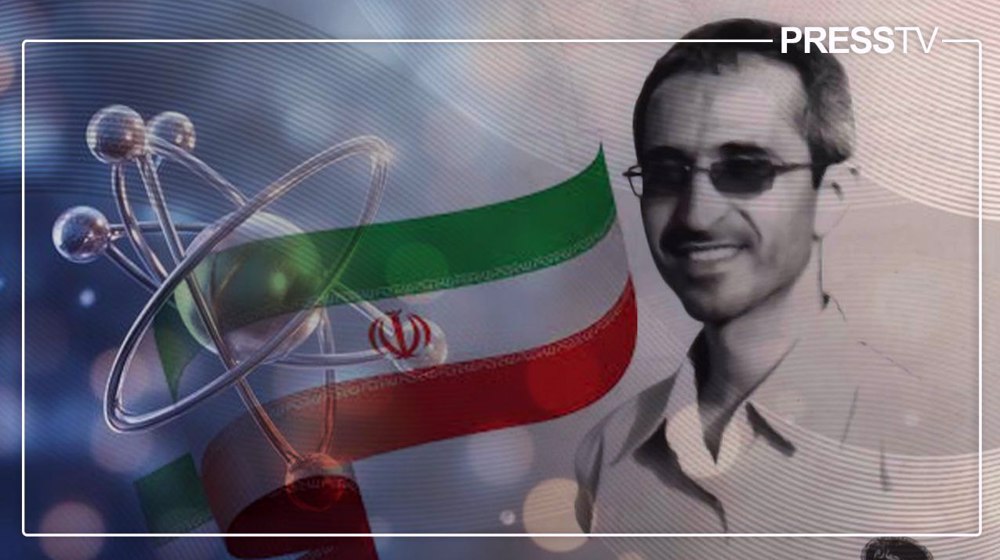



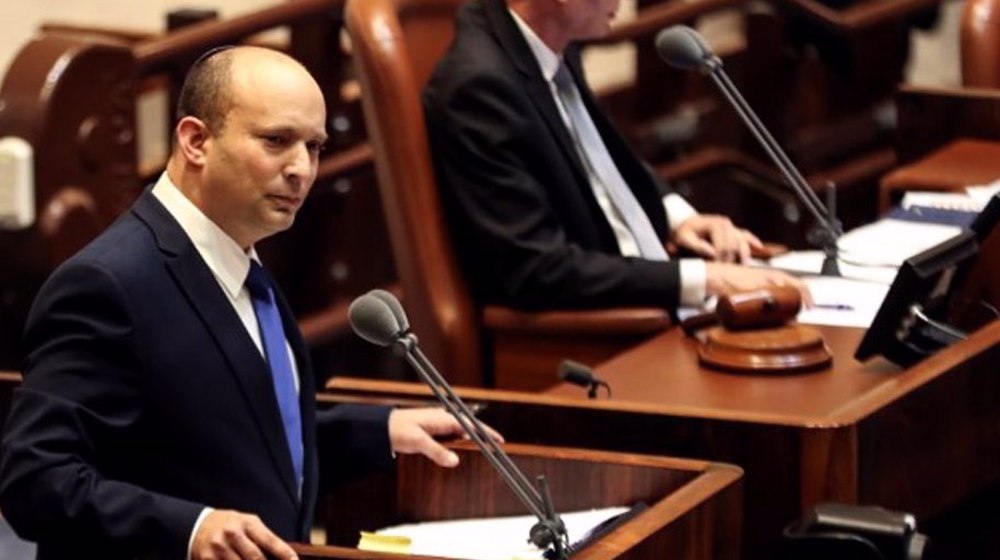
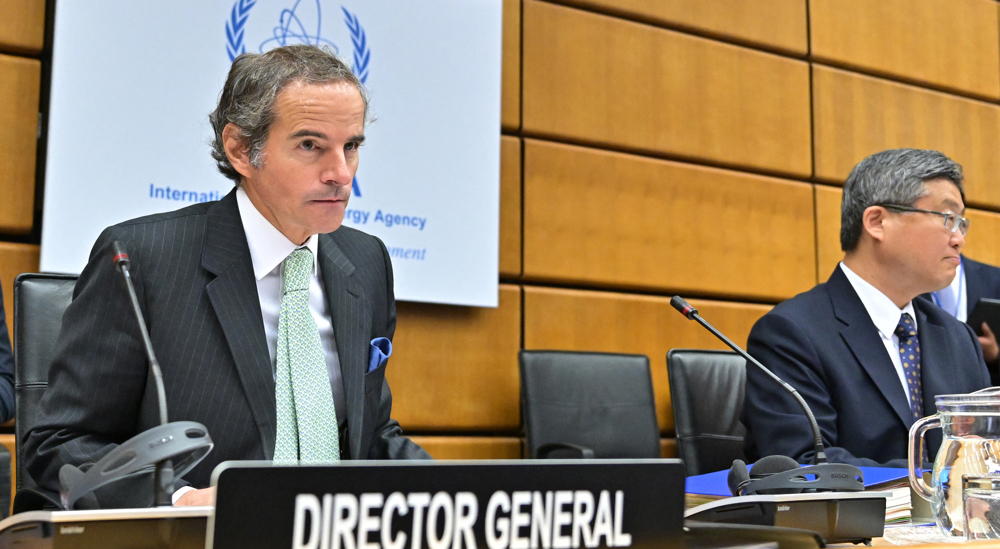
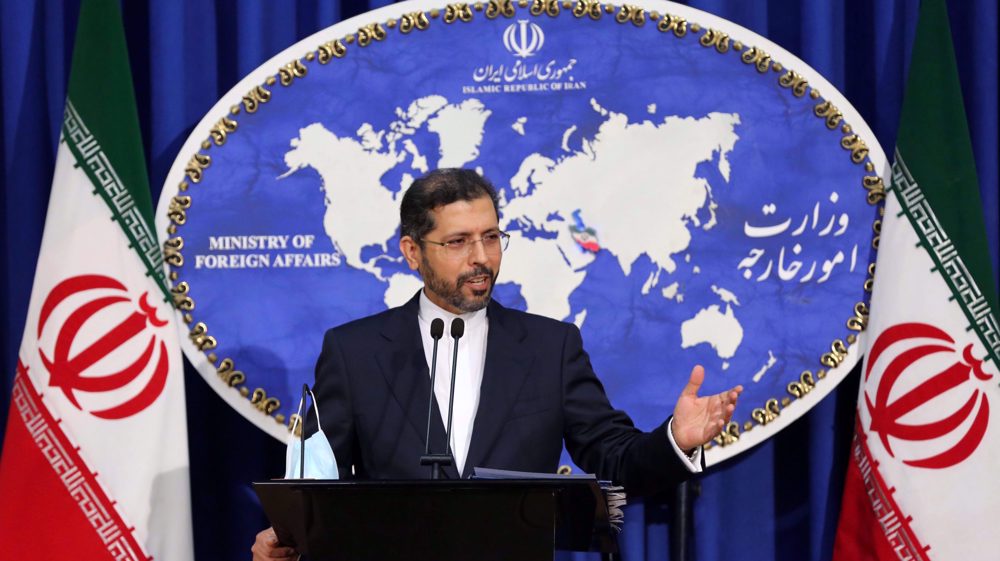
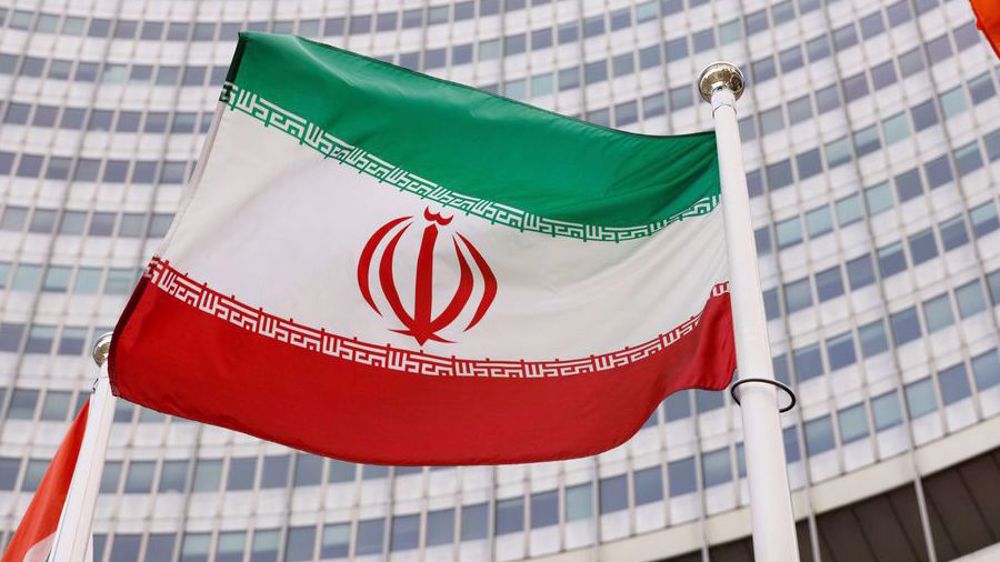
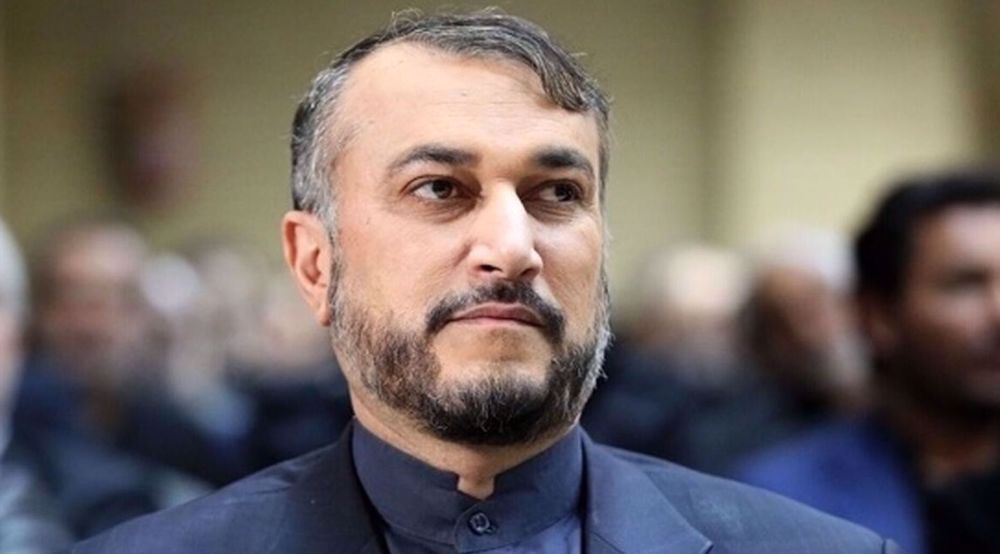

 This makes it easy to access the Press TV website
This makes it easy to access the Press TV website